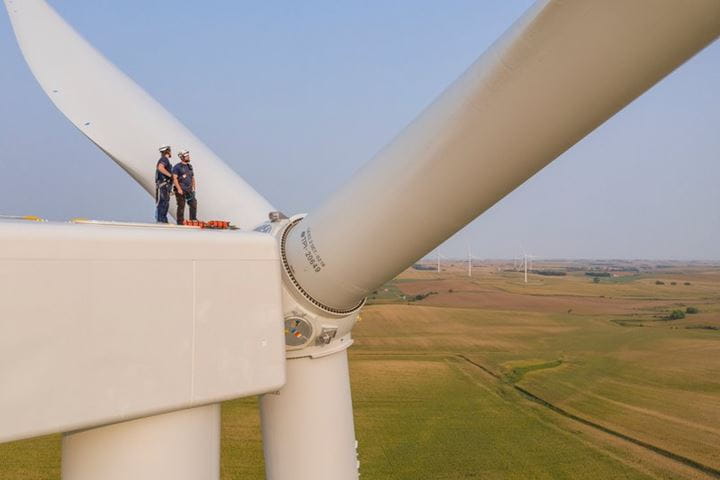The Asia Pacific Economic Cooperation (APEC) forum gave a perspective on the generation of green jobs in the world.
So far, there have been multiple attempts to define jobs related to the green economy.
On the one hand, the United Nations Environment Program (UNEP) defines green jobs as «work in agricultural, manufacturing, research and development (R&D), administrative and service activities that substantially contribute to preserving or restore environmental quality.»
On the other hand, the OECD defines green jobs as «activities that produce goods and services to measure, prevent, limit, minimize or correct environmental damage … this definition includes technologies, products and services that reduce environmental risk and minimize pollution. and resources».
On this basis, green jobs constitute a small but significant part of total employment in the European Union, ie about 1.7% of total paid employment in Europe.
Other definitions of green jobs include jobs created directly through green policies (direct employment effects) or those created in the supply chain for products and services produced under green policies (indirect employment effects).
Green Jobs
For the purpose of discussion, an APEC analysis adopts the definition provided by UNEP, as it provides a broader perspective on what jobs are included in the green economy.
The transformation to a greener economy to combat climate change is expected to contribute significantly to the total number of jobs in the future.
APEC reports that Wallace-Wells provides evidence that insufficient search for better environmental conditions will result in significant economic costs.
The author adds that for every 1 degree Celsius increase in average temperatures, there will be a loss of 1.2% of global GDP, increasing unemployment.
However, the net change in employment is expected to be positive as consumption patterns adjust and green occupations grow.
Projections
The ILO estimates that a shift to a greener economy with favorable policies would create 24 million new jobs worldwide by 2030, with most of the job creation coming from the renewable energy sector.
In particular, the renewable energy sector has the potential to absorb laid off workers from other sectors such as construction and manufacturing.
Several APEC economies are expected to create a large number of new renewable energy jobs, such as Korea (950,000 jobs by 2030); and the United States (between 1.3 and 7.3 million jobs by 2030).
In Australia, there were 26,850 full-time equivalent jobs in renewable energy during the 2018-2019 fiscal year, primarily in the solar photovoltaic sector.
In the United States, the green economy is projected to create numerous jobs in occupations such as energy auditors (202,000 jobs), climate change analysts (39,700 jobs), and fuel cell technicians (99,700 jobs). ) by 2022.
According to Burning Glass Technologies, there is strong demand for jobs in the following five environmental areas in the United States: (1) environmental scientists and teachers; (2) nuclear and fuel cell technicians; (3) conservation of natural resources; (4) pollution elimination, waste management, and recycling; and (5) renewable energy, with expected growth rates of up to 18 percent over the next five years.
![]()

